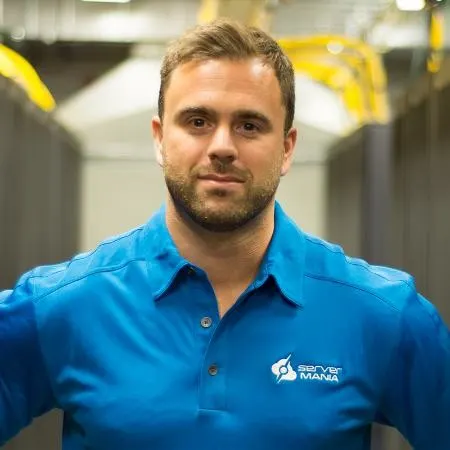What Small Businesses Can Learn From Indie Developers

Indie game development is a highly competitive, extremely saturated corner of the market. You don’t have to be anywhere near the gaming sector to realize that anybody who succeeds as an independent game developer knows what it takes to stand out. Insights gleaned from this industry reflect the nature of the modern startup and small business environment.
To make waves in a saturated industry, independent development studios can’t just make a great game – they’ve also got to run a great business. They need to be savvy marketers, intelligent managers, and dedicated founders. As in business at large, the barriers to entry are lower than ever. There are thousands of crudely-made titles flooding the market. The few studios that do succeed didn’t just have a unique idea – they marketed it effectively.
How do they do it?
The Importance Of Communication
These days, there are two primary methods for getting an independent game published. You can either crowdfund it or launch it on Steam Greenlight (or both). In either case, you need to be able to communicate effectively with your audience. You need to know who you’re marketing your game to – and what gets them most excited. Similarly, you need to have a thorough understanding of how you can avoid getting them angry.
In independent development as in business, it’s not enough to simply be brilliant. If you’re difficult to work with, especially if you’re the public face of your organization, craftsmanship may not be enough to keep you afloat.
Nowhere was this more clear than with Phil Fish, the developer of Fez. Fish was in every way an artist – not a marketer. While Fez was critically acclaimed, Fish was known for being a loose cannon on Twitter, for “quitting” frequently, and for stating his opinions in very inflammatory ways.
Long story short, Fish eventually ended up calling gamers “stunted. emotionally and intellectually” during a particularly heated Twitter rant. (This was by far the nicest thing he said about gamers during the rant.) While the rant did manage to get him trending on Twitter (which he gloated about), a response followed not long after. His personal information, including passwords and social security information, was leaked to the public. This effectively killed his business.
You Are Your Brand, And Your Brand Is You
“We are used to thinking of fame as something granted to a person by people with media access,” explains Innuendo Studios in a YouTube video on Fish’s rise – and fall. “The reason people hate Nickelback is because of that record contract, that Faustian bargain – they bought into it. They had to be discovered; someone had to connect them to video directors, record producers, stylists, advertisers.”
“This is not what fame looks like on the internet. There, fame is not something you ask for. Fame is not something you buy into. Fame happens to you,” the video continues. “Phil doesn’t have an agent. He doesn’t have ad executives. He doesn’t tour the country on press junkets. He doesn’t have a PR department.”
“He talked on social media. He did interviews when invited to do them. He was invited into a documentary. People read these things as shameless self-promotion or a desperate need for attention, or both, but that’s projection – nobody knows Phil’s reasons for doing them but Phil and the people who know him personally.”
Admittedly, it’s not a perfect analogy – you’re probably not going to end up getting ‘internet famous’ in the same way as Fish, even as an entrepreneur – but the reality is that you are your brand. What you do will have a direct impact on the success of your business. If you act in an unprofessional fashion – if you mismanage your connections with the consumer – then you’ll end up crashing and burning in short order, like he did.
The Power Of Passion
Another similarity between running a small business and being an indie developer is the amount of work that’s involved in each – such that only those who absolutely love what they’re doing have any hope of success. You’ll work long hours. You might start neglecting your friends and family.
Your business – or game – will become your life. If you don’t love what you do (and learn to balance it with the rest of your life), you’ll burn out – and that exhaustion will seep into every facet of your organization.
Get Indie
Independent game development servers as a microcosm and an analogy for the startup world. It takes a unique idea, an entrepreneurial spirit, a whole lot of passion, and a flair for marketing and communication. Without all of those factors, there’s really no hope of succeeding. As often as not, there are far too many competitors out there working towards the same goal as you.
Image credit: Polytron Corporation

